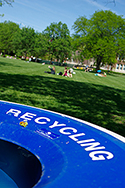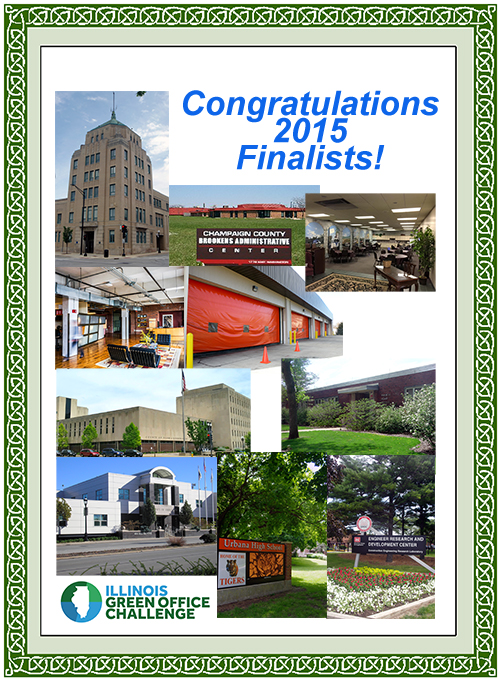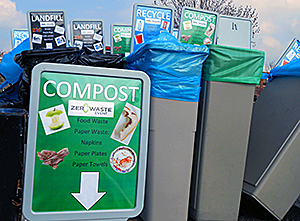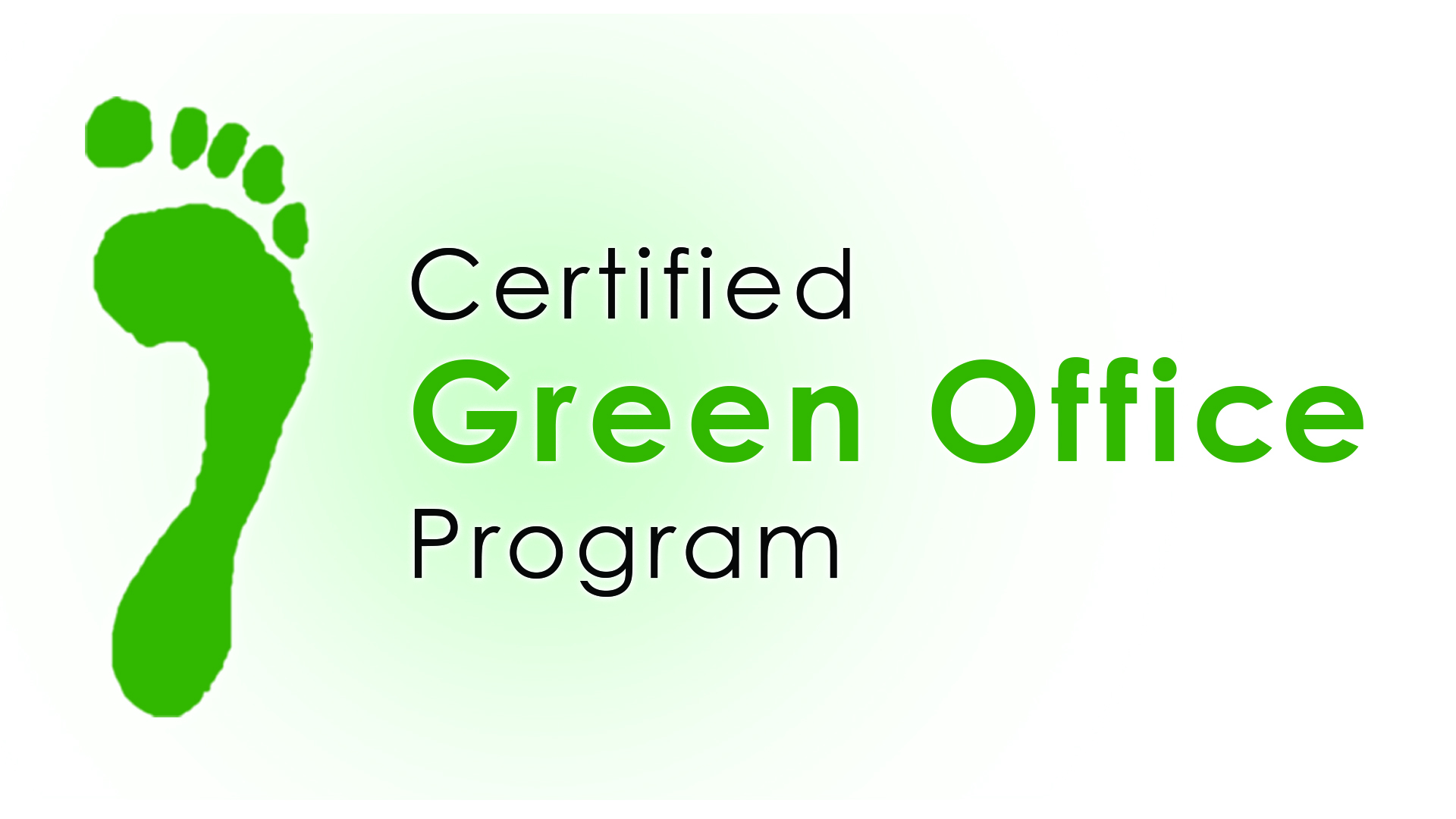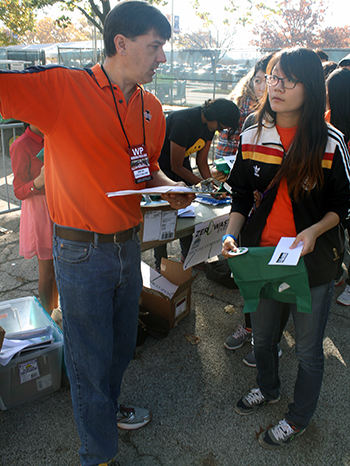
ISTC’s Spring Sustainability Series, commemorating the Center’s 30th anniversary year, deals with new developments in the original green practice, practiced for thousands of years, recycling.
The series opens at noon, Thursday, Feb. 12 and continues for four more Thursday noon hours through the semester. The live presentations will take place at 1 E. Hazelwood Dr. in Champaign, IL. Each will also be available by webcast at the listed websites.
Feb. 12, “How Sustainable is Information Technology? Trends, Challenges, and Opportunities,” Eric Masanet, Morris E. Fine Junior Professor in Materials and Manufacturing and Associate Professor of Mechanical Engineering and Chemical and Biological Engineering, McCormick School of Engineering and Applied Science, Northwestern University. https://attendee.gotowebinar.com/register/7017258394988082434
March 12, “Building a Local Circular Economy in Chicago,” John Mulrow – Interim Executive Director, Plant Chicago. https://attendee.gotowebinar.com/register/3276792405148335106
April 2, “Bioprocessing of Microbial Biomass: Enabling Sustainable Zero-Discharge Seafood Production,” David E. Brune, Professor of Bioprocess and Bioenergy Engineering, Division of Food Sciences and Bioengineering, University of Missouri at Columbia. https://attendee.gotowebinar.com/register/502302355428424705
April 9, “Rubbery Shrubbery: Should We Use Rubber Mulch in Our Landscapes?” Linda Chalker-Scott, Extension Horticulturist, Puyallup Research and Extension Center, Washington State University. https://attendee.gotowebinar.com/register/3502265956143542273
April 30, “Zero Waste Illinois,” Shantanu Pai, Waste Research Specialist, Illinois Sustainable Technology Center. https://attendee.gotowebinar.com/register/7792068845789351938
Following each event, the recorded presentation will be available at http://www.istc.illinois.edu/about/sustainability_seminars.cfm. For more information about the individual seminars, visit http://www.istc.illinois.edu/calendar/.
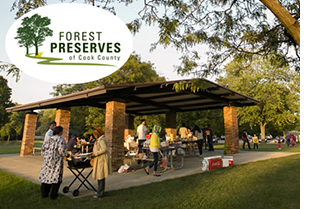 A zero waste audit by ISTC for the Forest Preserves of Cook County led to an expansion of the parks’ recycling capabilities, thanks to a grant from the Coca-Cola/Keep America Beautiful (KAB) Recycling Bin Grant Program.
A zero waste audit by ISTC for the Forest Preserves of Cook County led to an expansion of the parks’ recycling capabilities, thanks to a grant from the Coca-Cola/Keep America Beautiful (KAB) Recycling Bin Grant Program.

